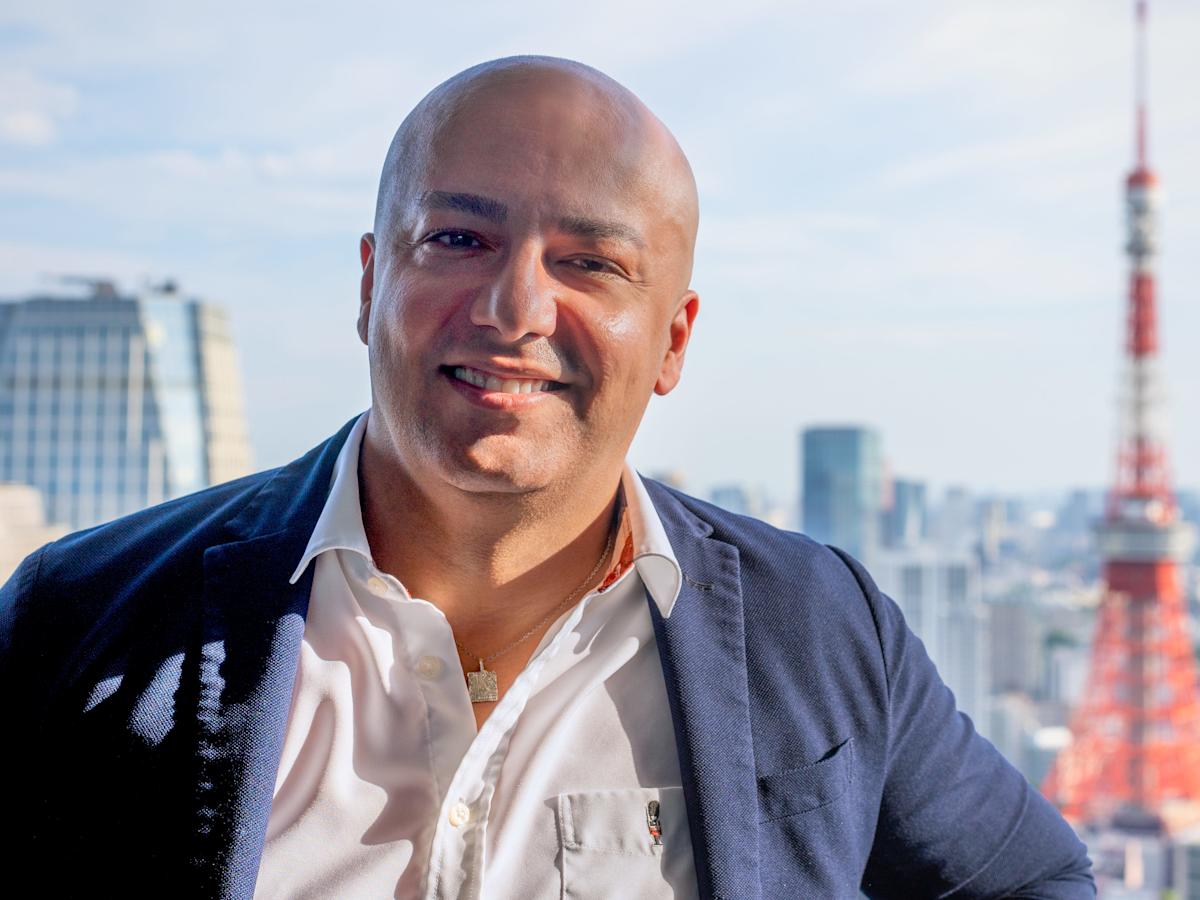I left Google after 10 years to launch my AI startup in Tokyo. I can accomplish a lot more in Japan than in Silicon Valley.
-
Jad Tarifi, 42, worked at Google from 2012 to 2021 and was part of their first generative AI team.
-
Tarifi relocated to Google’s office in Tokyo in his final year with the company.
-
He stayed in Japan to found Integral AI, an AI startup, in 2021.
This as-told-to essay is based on a conversation with Jad Tarifi, the founder and CEO of the AI startup Integral AI. The following has been edited for length and clarity. Business Insider has verified his employment and academic history.
When I graduated from the University of Florida with a Ph.D. in AI in 2012, I didn’t see myself starting a company.
My goal, both then and now, is to use AI to positively impact the world. That first led me to Google, where I worked for nearly a decade.
Working at Google was a great experience. Many breakthroughs in the field that we see today, like the transformer, were either invented or developed at Google.
A lot of my management philosophy comes from my experience at Google. At my startup, I try to empower my engineers by leading with compassion and creating a safe environment for them to voice their opinions.
Google is good at generating revenue from advertising and is very much invested in that business model. But if you want to do something different, like build a personal AGI, that might not fit with their advertising model.
It dawned on me that I needed to chart a path to pursue my interest in robotics. A startup would allow me to iterate fast, take risks, and be nimble.
In my final year at Google, I persuaded my manager to send me to Google’s Tokyo office. That was in 2020, and I spent a year there before I left to launch Integral AI.
Why Japan? That goes back to my interest and passion for applying AI to robotics.
I spent the bulk of my career in Silicon Valley, and I saw firsthand that the US is a world leader in AI. The US, however, isn’t as strong in robotics. That’s partly because it has been outsourcing manufacturing to the rest of the world.
Japan, on the other hand, is the world leader in robotics. It makes most of the world’s industrial robots. Going to Japan allowed me to combine the best of AI from Silicon Valley with the best of robotics in Tokyo.
Going to Japan gave me access to the country’s huge robotics ecosystem. There are so many players in robotics, ranging from suppliers to manufacturers to end customers. You need to understand the ecosystem if you want to serve the market effectively.
I was fortunate to spend my final year at Google in Japan. I used it as an opportunity to immerse myself in the language and culture. To become conversant in Japanese, I placed myself in uncomfortable situations where I had to communicate with locals. Today, I feel comfortable talking to people I meet on the street.



Leave a Comment
Your email address will not be published. Required fields are marked *